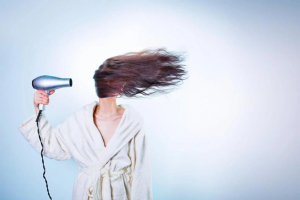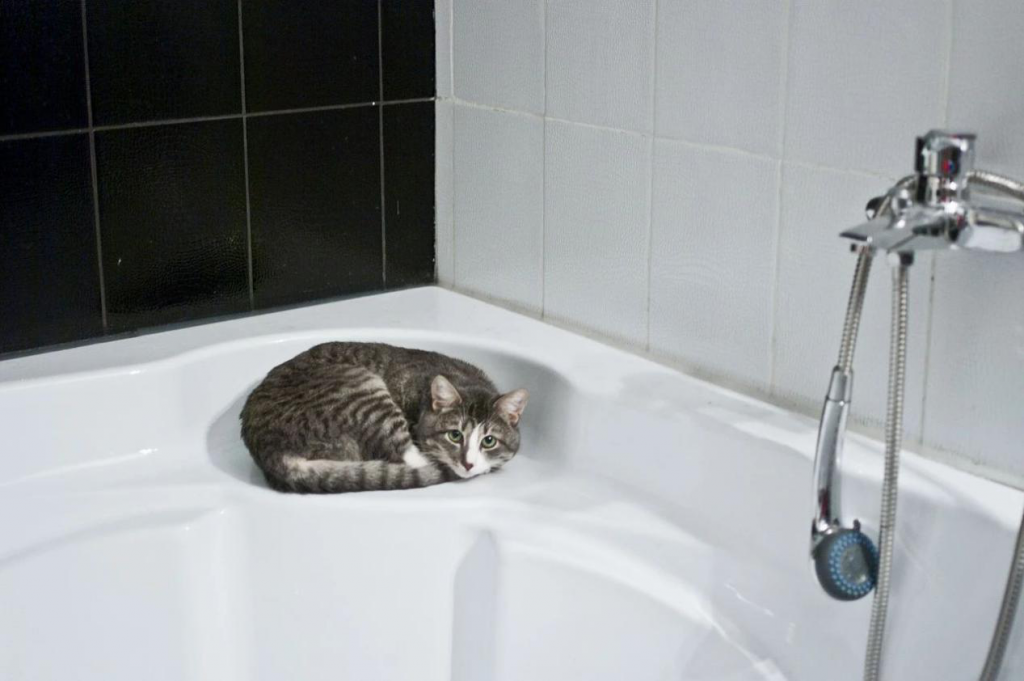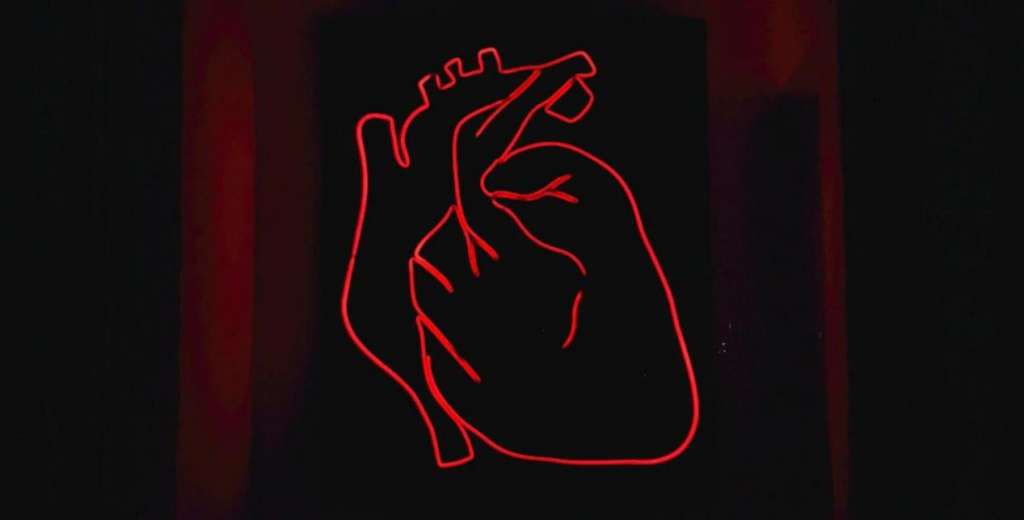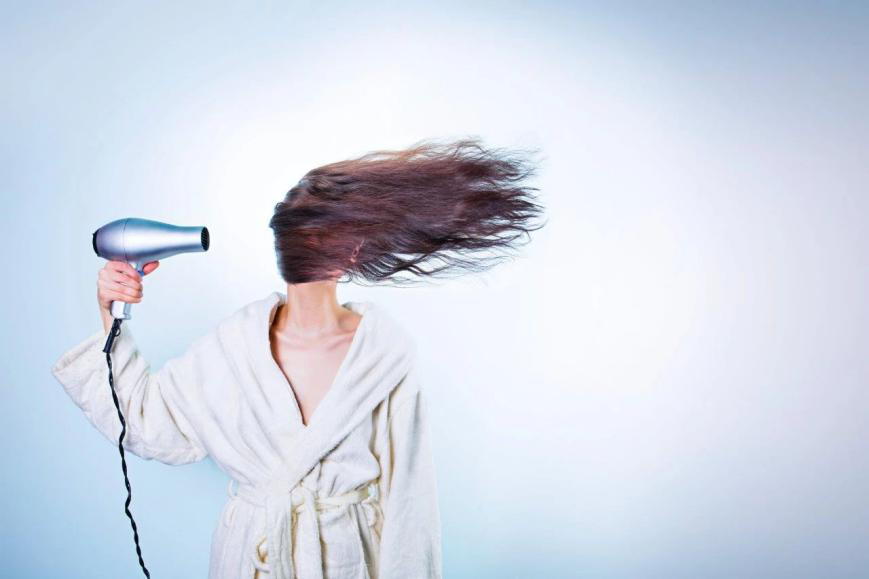
The weather is getting colder and colder, and a hot bath before going to bed couldn’t be more comfortable. In addition to eliminating fatigue, taking a bath can also help you fall asleep quickly and improve sleep quality.

There is a ” best sleep aid time ” in the bath at night
A study published in “Sleep Medicine Reviews” shows that only taking a bath at a “specific time period” will improve sleep quality and efficiency. Taking a hot bath 1 to 2 hours before going to bed can significantly improve the quality of sleep, and it only takes 10 minutes to significantly improve the overall sleep efficiency of the individual and have a better sleep.

The researchers reviewed 5,322 research reports related to bathing and sleeping, and analyzed the effects of warm baths or showers on individual sleep, including sleep latency, total sleep time, sleep efficiency, and slow wave sleep.
Combining multiple research data, the researchers found that taking a hot bath 1 to 2 hours before going to bed, compared with people who do not take a bath before going to bed, taking a hot bath significantly shortens the sleep latency and falls asleep quickly instead of tossing and turning . However, the researchers also said that taking a bath 2 hours or more before bedtime may induce drowsiness, but it will not significantly shorten the sleep latency.
The researchers further analyzed the optimal water temperature for bathing, using two different water temperatures (41°C and 35.5°C) for bathing 5 hours or more before going to bed. The increase in sleepiness before going to bed was only observed after 41℃, but did not increase at 35.5℃.
Take a bath in winter to prevent 4 “crises”
In cold weather, taking a hot bath can relieve fatigue, improve sleep, and relax muscles and blood. But if you take a bath in the wrong way, you may fall into a “crisis”:
Cardiovascular and cerebrovascular diseases break out!
When the skin is stimulated by hot water, the capillaries will expand, blood flow will increase, and the heart experiences a reflexive increase in heart rate. Once the faucet is turned off, or there is cold in the bathroom, the capillaries will shrink again. Changes in heat and cold will continuously stimulate blood pressure and heart rate, which can easily cause acute brain and cardiac ischemia in hypertensive patients, leading to acute stroke, heart disease and other risks.

Suggestion: The bathing time in winter should not be too long, preferably around 15 minutes, not more than 20 minutes, so as to prevent the steaming of the skin from dilating blood vessels in the skin, causing insufficient blood supply to the brain, dizziness and chest tightness.
poisoned by carbon monoxide
Gas water heaters consume a lot of oxygen when they burn. If the bath time is too long, the bathroom area is relatively small, and the doors and windows are closed, oxygen is consumed, and people will suffer from hypoxia or carbon monoxide poisoning.
Recommendation: In winter, you must pay attention to maintaining good ventilation when using gas water heaters. Do not hang objects on the air supply and exhaust ports of the room to avoid affecting air circulation. Before each use, check whether the windows or exhaust fans of the room where the water heater is installed are open and whether the ventilation is good.
be harmful to the eyes
Babies need to use bathroom ceiling heater when bathing in winter, but they must be used carefully. The light emitted by the heater is a strong light. If the baby stares for a long time, macular degeneration is prone to occur.
Recommendation: Try to choose an air-heated bath heater. Parents can use their bodies to block the light of the bath heater to prevent the baby from looking directly.
electric leakage
Electric water heaters, hair dryers, electric heating wire heaters, and oil-cooled electric heaters used in the bathroom must be in contact with the power source. However, there are many water sources in the bathroom, which are easy to leak and get an electric shock.

Suggestion: If you use a heater for bathing in winter, you must put it away from the bathtub and shower. It is recommended that the plug be located outside the bathroom. If it is a socket in the bathroom, it must have a waterproof cover.
6 things to keep in mind in winter bathing
Accidents caused by improper bathing happen from time to time. This correct “posture” for bathing in cold weather, everyone should know:
Body and bathroom must be “warmed up”
In winter, the temperature difference between indoor and bathroom is large, and it is easy to catch cold. It is recommended to make adequate preparations before taking a bath in winter. In places without heating, it is best to warm up before taking a bath, such as stepping on the spot, twisting the waist, rubbing feet, and turning on the bathroom heater 5 minutes in advance to make sure the bathroom is warm.
Drinking a glass of water before bathing can replenish the large amount of water lost due to capillary expansion; It’s better to replenish tea water as soon as possible after bathing.
It is advisable to drink small amounts of water several times, so that the heart can absorb water regularly and steadily.
Don’t lock the door
Standing and taking a bath for a long time may feel powerless, fainting and slipping easily. The elderly can bring a small stool to sit and wash when they are tired, which saves energy and does not have to worry about slipping. If you take a bath, do not lock the door, so as not to affect timely rescue in case of accident.
Pay attention to the order
Taking a hot bath in winter, the warm water suddenly comes from the head, which will cause a large amount of blood to concentrate on the skin surface with dilated blood vessels, causing ischemia such as heart and brain.
Rinse your feet with hot water before taking a bath, and then slowly pour water on other parts of your body after your feet are warm, so that your body can gradually adapt.
Use less body wash
In winter, the climate is dry. Excessive use of body wash will destroy the protective layer of the skin and aggravate symptoms such as dryness and itching. Cleaning products such as body wash can be used once a week, or only on elbows, necks and other easily dirty places.
Change clothes to ensure “warm”
Returning from a warm bathroom to a relatively low temperature room, if you don’t have warm clothes on your body, your blood vessels will be cold contracted, blood pressure will rise, and your heart will be burdened. So keep warm, put on a bath towel when you come out of the shower, or change clothes in advance in the bathroom.
Comments